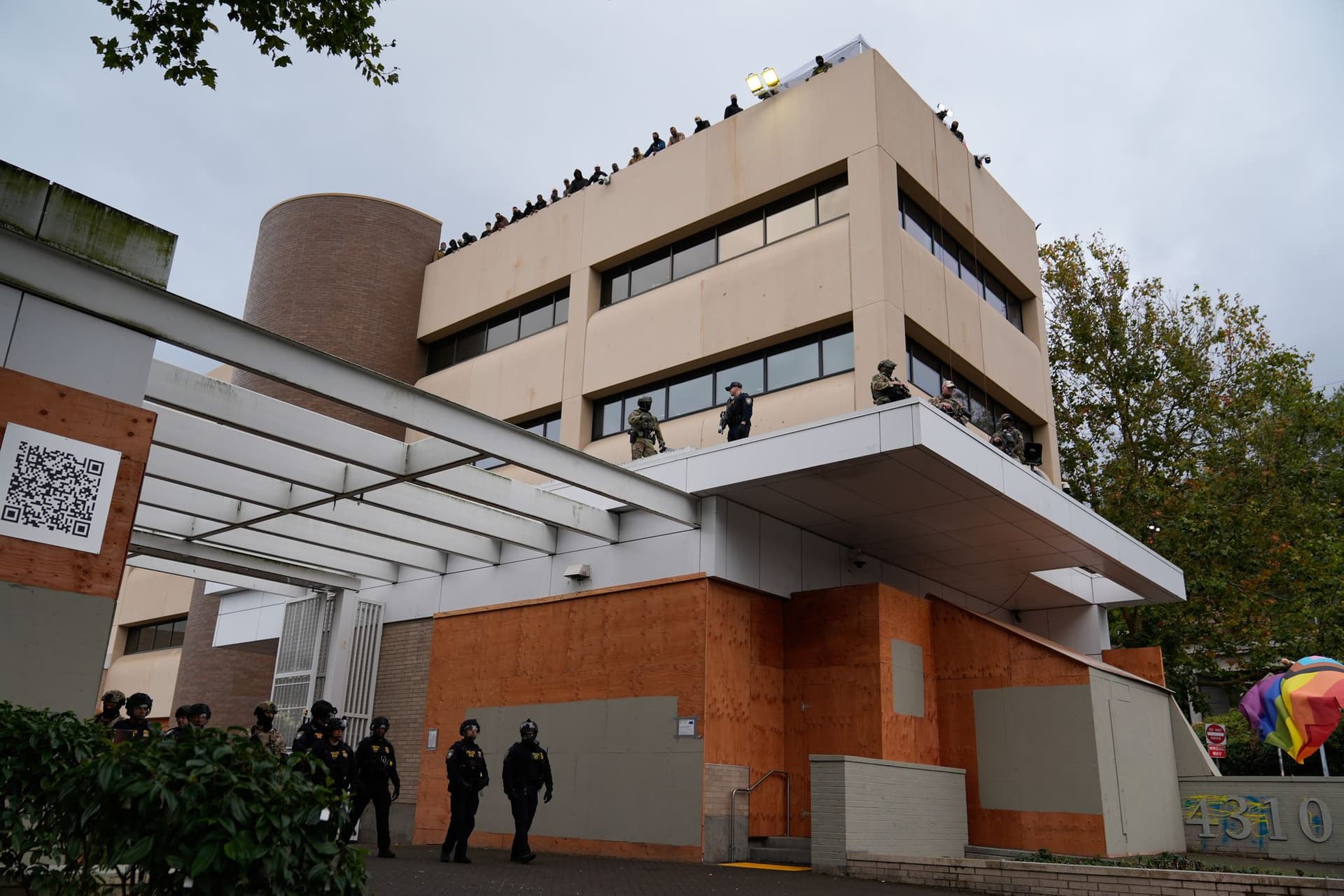Administration Appeals Ruling Blocking National Guard Deployment in Portland
The Trump administration has appealed a federal judge’s order that barred deployment of the National Guard to Portland, escalating a legal confrontation over federal authority and state control of security forces. The outcome will shape the balance of emergency powers, affect public safety in a city of about 650,000 residents, and set precedents for future federal responses to civil unrest.
Listen to Article
Click play to generate audio

The federal government moved on Friday to overturn a judicial order that prevented the National Guard from being sent to Portland, Oregon. The appeal brings the dispute into the appellate courts and highlights broader questions about how and when federal forces can be used in American cities.
At the center of the conflict is the tension between federal authority and state control over the National Guard. Governors typically retain command of Guard units unless they are federalized under narrowly defined statutes. The appeal signals the administration’s intent to press for broader federal discretion in deploying manpower and equipment to respond to unrest, a posture that legal scholars say will test constitutional and statutory boundaries.
Legal experts expect the appeals court to weigh statutory provisions that govern federal activation of Guard forces, including distinctions between state activated service and federal active duty. Court decisions in this area tend to hinge on technical interpretations of those statutes and on precedent regarding the reach of executive power in domestic security matters. The procedural course will likely be expedited given the operational consequences of the injunction, though appellate timelines can still extend the dispute for weeks or months.
Beyond courtroom questions, the case has practical policy implications for local governance and public safety. Portland remains a major urban center in the Pacific Northwest with roughly 650,000 residents, and decisions about who commands security resources directly affect protest policing strategies, rules of engagement, and interagency coordination. Municipal leaders and business owners have said in previous episodes that uncertainty over the presence of federal forces can depress commerce, deter tourism, and disrupt daily life. Those economic effects tend to concentrate in retail corridors and hospitality sectors that rely on consistent pedestrian traffic.
Markets at the national level are unlikely to move on a single legal dispute over troop deployments, though localized financial strains can emerge. Commercial rents, small business revenues, and short term tourism bookings can be volatile around episodes of civil unrest. Municipal budgets may also feel strain if additional security costs fall on city coffers, potentially influencing fiscal priorities and borrowing needs in future budget cycles.
Politically, the appeal underscores how responses to protests and civil disturbances have become central to debates about federalism and civil liberties. A ruling permitting federal direction of state Guard units could expand the toolbox available to future administrations, while a decision affirming state control would reinforce a decentralized approach to domestic security. Either outcome will be cited in subsequent policy fights over emergency powers and the appropriate balance between maintaining order and protecting the rights of demonstrators.
As the case moves through the courts, local leaders and residents will be watching for immediate operational consequences. The appellate process will determine whether federal forces can be deployed in the near term and will establish legal arguments that may shape federal state interactions in crises for years to come.


